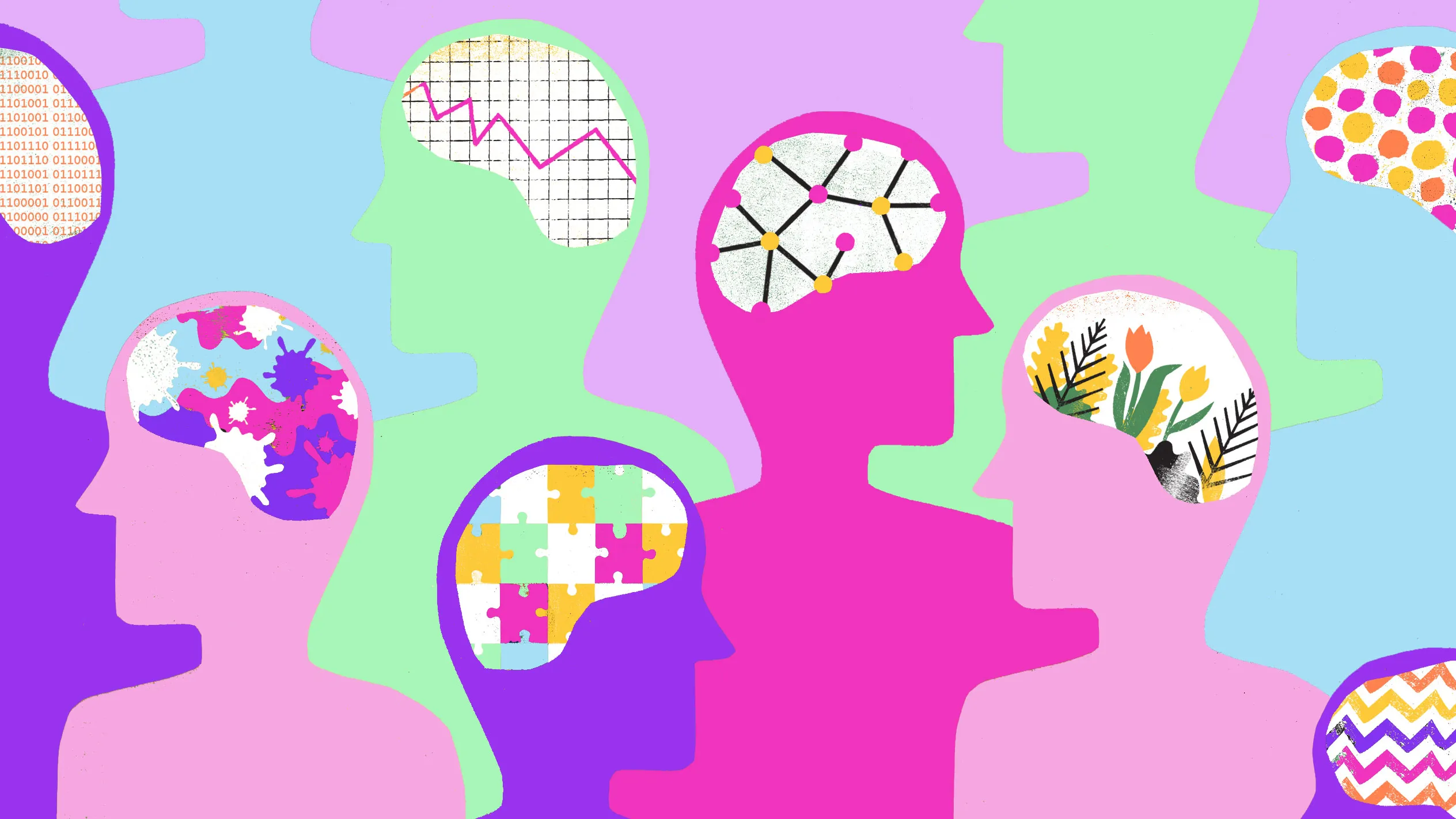For many people, mental health may seem like a simple topic but it is often associated with many nuances and misunderstandings. One of the most popular is the exchange of mental health or mental illness information in our daily conversations.
According to the WHO, mental health is defined as a state of mental well-being that enables people to cope with the stresses of life, realize their potential, learn and work well, and contribute to their communities. It is a necessary part of a healthy life and includes emotional, psychological and social well-being.
Mental health is an important part of life and should be looked after as critically as physical health. However, mental health disorders are characterized by significant changes in thinking and are related to anxiety or functioning in social, work, or family life. There are many different types of mental illness, including anxiety, depression, and schizophrenia, among many others (Hinshaw, 2011).
The important difference between mental health and illness is that mental health is part of the well-being that everyone has. Everyone experiences challenges with mental well-being, but not everyone experiences mental health issues. However, according to Harvard Medical School, almost half of the world’s population will experience a mental health illness in their lifetime.
So, what is stigma? Stigmatization has a long history and can be traced back to ancient Greece, where a “stigma” was a mark that marked deviant people, such as criminals or slaves. Stigma today is still defined as a sign of shame that distinguishes a person with different characteristics from the rest of society.
Despite the advances in medicine and the spread of knowledge to society in general, mental illness remains the most stigmatized and condemned of all diseases because it is still seen as a sign of shame and weakness. Because of this, many mental health patients suffer prejudice and social exclusion, which exacerbates their illness – this contributes to mental and physical conditions. As a result, people tend to hide their psychiatric problems for fear of judgment and stigma. This leads to suppressed secrecy, which is one of the biggest barriers to mental health care; it prevents early detection of the disease and neglects the right help that the person needs (Rössler, 2016).
However, there are different types of stigma. They range from internalized stigma to other projected stigmas associated with certain mental illnesses.
Self-Stigma
Self-stigma refers to the negative attitudes including internalized shame that people with certain mental illness have about their own illness. This process begins before a person is diagnosed with a mental illness; in the initial phase prejudices are introduced. Later, having received a diagnosis, a person begins to apply to himself the ideas related to this disease (Corrigan et al., 2012). For example, if a person suffers from depression, they may think that people with depression are considered weak, therefore I am also weak. Self-stigmatization begins with recognizing and acknowledging society’s stigmatizing thoughts and prejudices, accepting those stereotypes as true and valid about oneself, and then influencing one’s own behavior in relation to mental health issues and self-perception. This is supported by the 2012 model of Corrigan and Rao, which emphasizes that stigma has 4 main stages of internalizing stereotypes: awareness of those stereotypes, personal agreement, self-emergence and self-injury.
Self-stigma is a dangerous phenomenon which affects the future because it can help reduce the likelihood of seeking treatment for mental health conditions.
Courtesy Stigma
Courtesy stigma refers to the transfer of stigma from an already stigmatized person to that person’s friends, family, or loved ones. As a result of courtesy stigma, loved ones feel ashamed of their mentally ill family members – on the grounds that they contributed to it or could not have prevented it. For example, a parent of a person who has experienced a suicide attempt may engage in stigmatized thinking that they influenced their child’s suicidal thoughts or that they could have prevented the thoughts from occurring.
Mental health stigma has many negative effects, including: feelings of shame, hopelessness and isolation, reluctance to seek help or receive treatment, lack of understanding from friends, family or loved ones, and fewer work or social opportunities (American Psychiatric Association, 2017). Fear and misunderstanding often lead to prejudice against people with mental health problems and addictions, even among service providers. This is one of the main reasons why many people do not see it as a real health problem. These prejudices and discrimination lead to feelings of hopelessness and shame in those struggling with the condition, which creates a significant barrier to diagnosis and treatment (Arboleda-Florez et al., 2012).
Stigma has a significant impact on the well-being of those who experience it. It affects people when they are in trouble, when they are in treatment, when they have recovered, and even when their mental health problem is a distant memory. Stigma fundamentally changes how people view themselves and how others see them.
References
Corrigan, P. W., & Rao, D. (2012, August). On the self-stigma of mental illness: Stages, disclosure, and strategies for change. Canadian Journal of Psychiatry. https://www.ncbi.nlm.nih.gov/pmc/articles/PMC3610943/
Sagepub (n.d.). Fighting the stigmatization of mental illnesses. https://journals.sagepub.com/doi/pdf/10.1177/070674371205700803
Hinshaw, S. P. (2011, March 1). Historical perspectives on mental illness and stigma. OUP Academic. https://academic.oup.com/book/1031/chapter-abstract/137932829?redirectedFrom=fulltext
Rössler, W. (2016, September). The stigma of mental disorders: A millennia-long history of social exclusion and prejudices. EMBO reports. https://www.ncbi.nlm.nih.gov/pmc/articles/PMC5007563/
Psychiatry. (n.d.). Stigma, prejudice and discrimination against people with mental illness. https://www.psychiatry.org/patients-families/stigma-and-discrimination
Image Credit: Teen Vogue
Note: The Free Your Mind Mental Health Society is an independent youth-led organization. The contents of this blog are not intended to be a substitute for professional medical advice, diagnosis, or treatment. Always seek the advice of your physician or another qualified health provider with any questions you may have regarding a medical condition. In the event of a medical emergency, please call your doctor or 911 or other local emergency numbers immediately.


